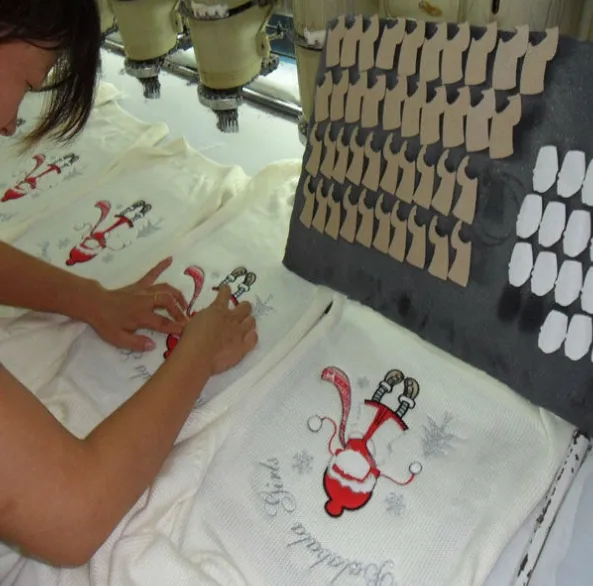Can you use spray adhesive on fabric?
Spray adhesives are versatile and can be an effective way to bond fabric to various surfaces, including other fabrics, paper, cardboard, wood, and more. They provide a quick and convenient application method, ensuring even coverage without the need for additional tools like brushes or rollers.
Here are some key points to consider when using spray adhesive on fabric:
Type of Spray Adhesive:
Choose a spray adhesive that is suitable for fabric bonding. There are various types of spray adhesives available, and some are specifically formulated for use with fabrics.
Fabric Type:
Consider the type of fabric you are working with. Most spray adhesives work well with a variety of fabrics, including cotton, polyester, canvas, and blends. However, it's a good idea to test a small, inconspicuous area first to ensure compatibility and avoid any potential discoloration or damage.
Surface Preparation:
Ensure that both the fabric and the surface to which you are bonding it are clean, dry, and free from dust or debris. This will help promote a strong and lasting bond.
Even Application:
Hold the fabric spray adhesive can about 6 to 8 inches away from the fabric surface and apply the adhesive evenly. Be sure to cover the entire area where bonding is desired.

Temporary or Permanent Bond:
Depending on your project, choose a spray adhesive with the appropriate bonding strength. Some adhesives offer a temporary bond, allowing for repositioning, while others provide a permanent and strong bond.
Ventilation:
When using spray adhesives, ensure proper ventilation in the work area. It's recommended to work in a well-ventilated space or use a mask if needed.
Drying Time:
Allow the adhesive to dry according to the manufacturer's instructions before handling or moving the fabric. Drying times may vary depending on the specific adhesive and environmental conditions.
Repositioning:
If the adhesive allows for repositioning, make any adjustments while the adhesive is still tacky. Once it fully dries, the bond will become more permanent.
Cleaning Up Overspray:
If there is any overspray on areas where you don't want adhesive, promptly clean it up using an appropriate cleaner or solvent, following the adhesive manufacturer's recommendations.
Washing and Care:
If the fabric will be laundered or exposed to water, choose a spray adhesive that is labeled as washable and follow the care instructions provided by the adhesive manufacturer.
Always refer to the specific instructions provided by the spray adhesive manufacturer for the best results. Testing the adhesive on a small, inconspicuous area of the fabric before applying it to the entire surface is a good practice to ensure compatibility and desired bonding strength.

